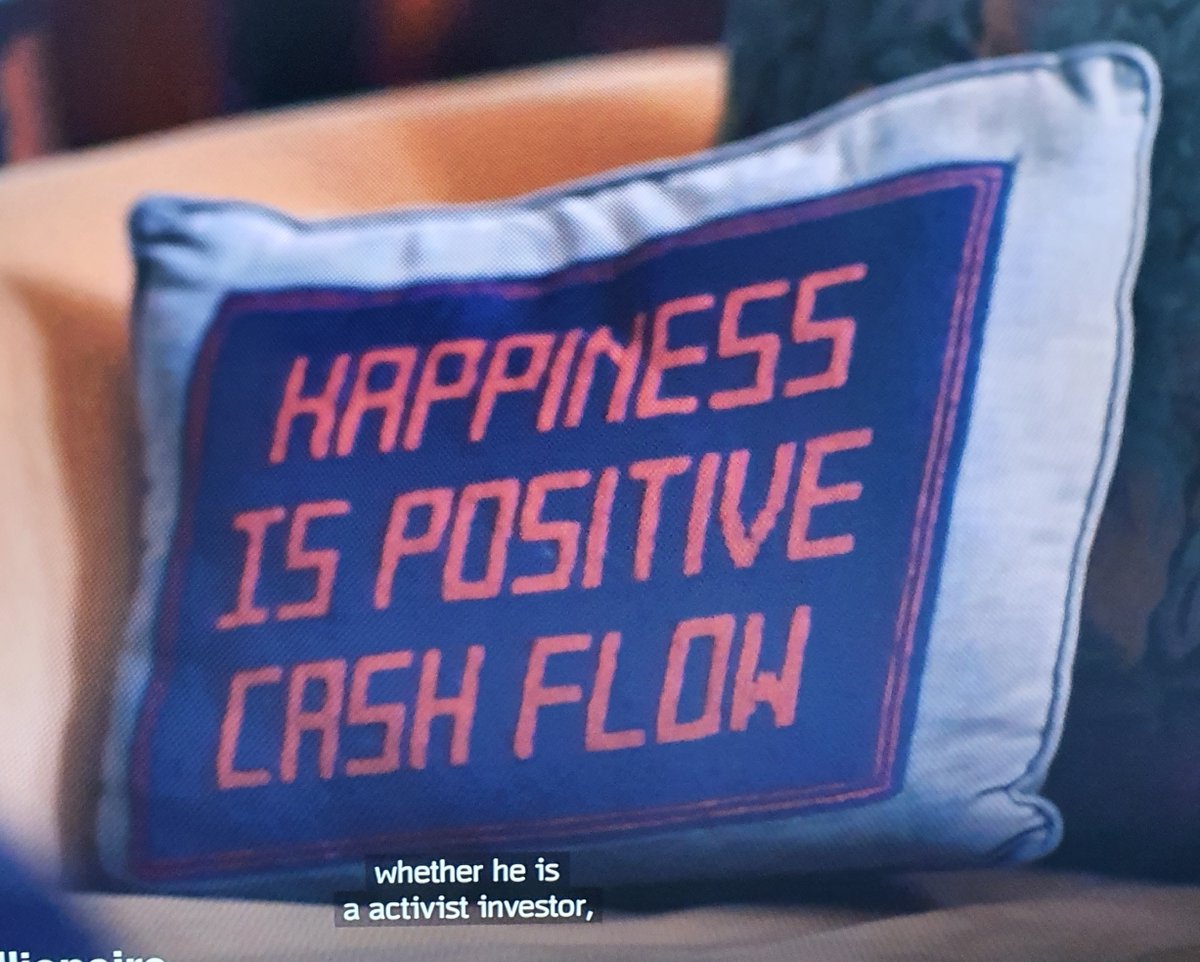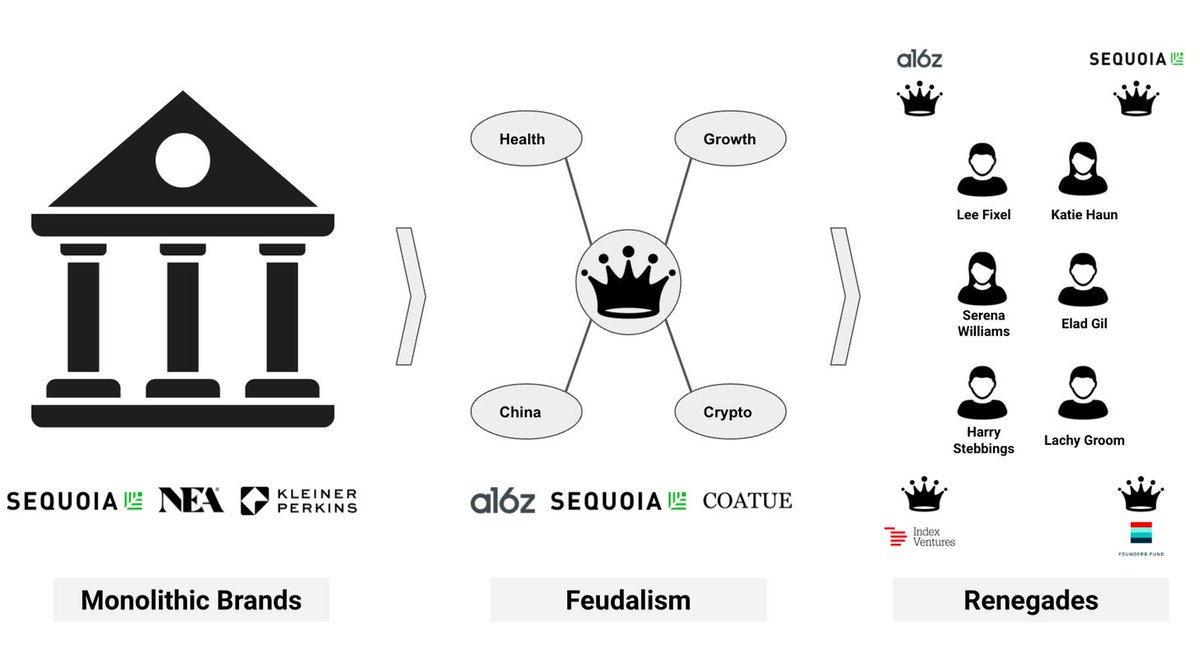
Scott Bessent on the biggest mistake he made when setting up his fund.
"When I was raising money, I actually gave the market what it wanted instead of what I wanted to do or was good at.
We had big diversified positions. We had a lot of analysts, people wanted to see bodies."

"When I was raising money, I actually gave the market what it wanted instead of what I wanted to do or was good at.
We had big diversified positions. We had a lot of analysts, people wanted to see bodies."


Robert Wilson: “To go up 100 percent, you’ve got to be willing to go down 20, and you can’t go down 20 with other people’s money.”
"I learned that it’s very difficult to run a business and a fund. After my first big drawdown, I had a lot of investors pull and it was a nightmare"
"I learned that it’s very difficult to run a business and a fund. After my first big drawdown, I had a lot of investors pull and it was a nightmare"
"I told the remaining investors, “This is what I’m going to do with my money. If you want to come along, fine; if you don’t, that’s fine, too.” I went back to my global macro style with mostly my own money."
"That’s what was so great about working at Soros. Most of the capital was the partners’ and all we cared about was making money. We weren’t worried about monthly volatility or drawdowns if we believed in the position."
Book Inside the House of Money
Book Inside the House of Money
• • •
Missing some Tweet in this thread? You can try to
force a refresh










